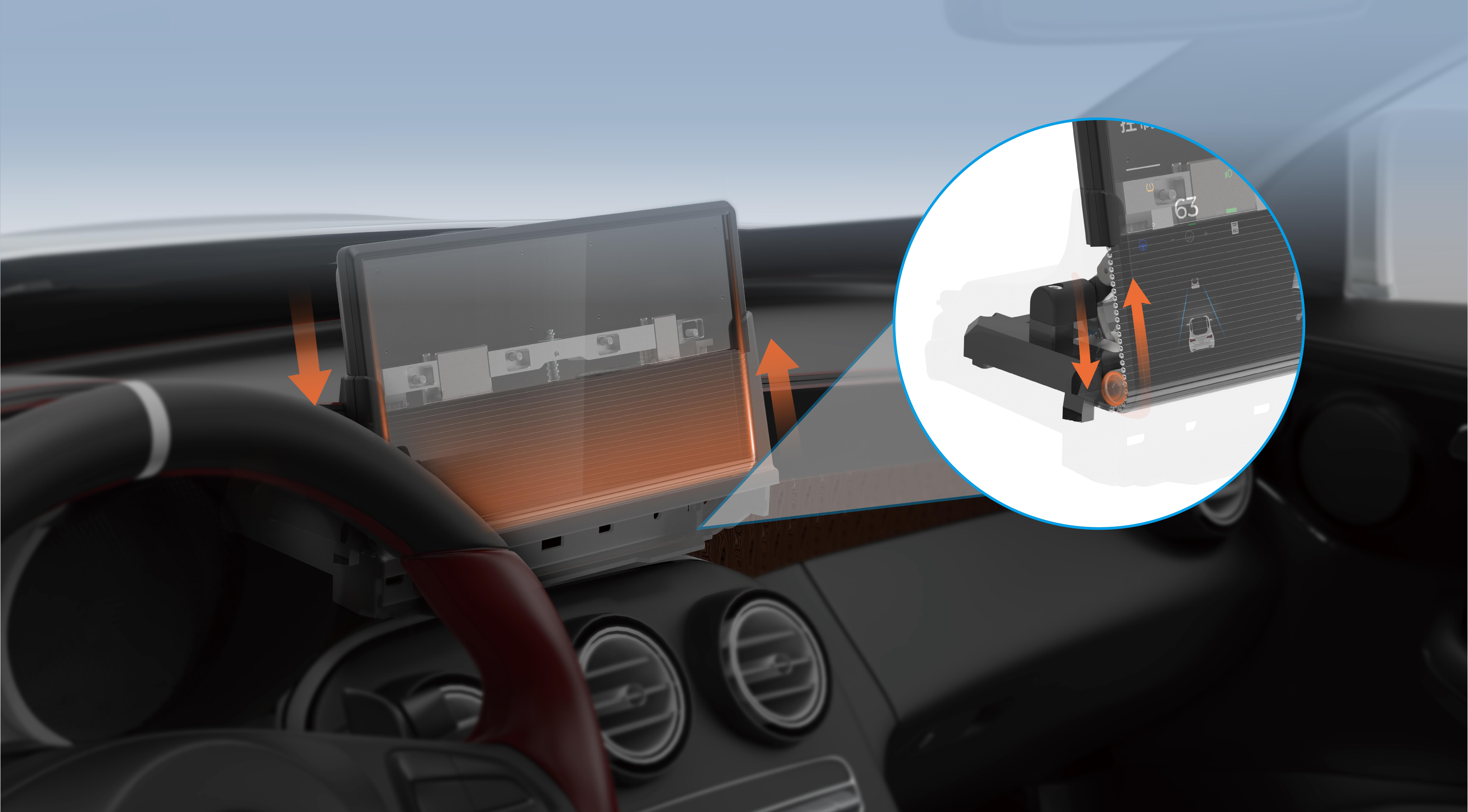When it comes to servo motors, torque is a crucial factor that can make or break the performance of your equipment. But what exactly is servo motor torque, and why should you care about it? Let's dive in and explore.

In simple terms, torque refers to the rotational force that a motor can generate. For servo motors, this means how much force they can apply to rotate a load, whether it’s turning a robotic arm or driving a conveyor belt. But not all torque is created equal. The amount of torque a servo motor can provide is directly tied to how well your system performs. If your servo motor isn't powerful enough, you might face issues like reduced speed, poor precision, or even system failure.
Think about it: You’re designing a piece of machinery that needs to move precisely. If the servo motor torque isn’t strong enough, it could lead to jerky movements or, worse, a complete breakdown. That’s why understanding how much torque you need is the first step to getting the best performance out of your servo motors.
Now, how do you determine the right torque for your application? It really depends on a few factors. The size and weight of the load you need to move are key. Larger or heavier objects require more torque to move efficiently. But it’s not just about size; the speed at which you want to move that load also plays a big role. Higher speeds typically require more torque as well.
This is where it gets interesting. Different tasks demand different torque levels. For instance, a simple 3D printer might require a low-torque motor since it’s only moving small parts at slow speeds. On the other hand, industrial robots often need high-torque motors to carry out precise, fast movements with heavy loads. Understanding these needs is vital when choosing the right motor for the job.
It's also important to note that torque isn’t just about the maximum power a motor can provide. It’s about how that power is delivered. A high-quality servo motor will deliver consistent, reliable torque throughout its range, meaning it will perform well at both high and low speeds. This is where KPOWER motors really stand out. They provide torque that’s not only powerful but steady, which helps ensure smoother, more accurate performance over time.
So, what does that mean for you? When you’re choosing a servo motor, you’ll want to consider both the peak torque (the highest level it can reach) and the continuous torque (the amount it can sustain without overheating). This combination is key to ensuring that the motor can handle your specific application’s demands, day in and day out.
In the end, understanding servo motor torque and how it relates to your machinery's performance isn’t just a technical detail—it’s crucial for making informed decisions. Whether you’re designing for speed, precision, or strength, getting the torque right can take your project to the next level. And with KPOWER’s reliable servo motors, you can be confident you’re making the right choice.
Kpower has delivered professional drive system solutions to over 500 enterprise clients globally with products covering various fields such as Smart Home Systems, Automatic Electronics, Robotics, Precision Agriculture, Drones, and Industrial Automation.




































